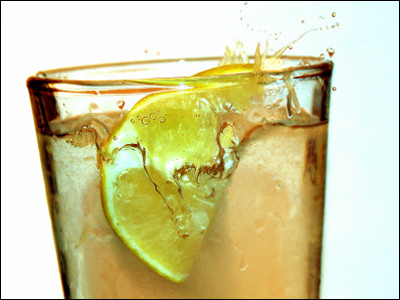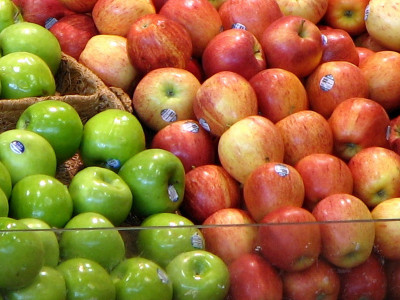Mouse study confirms that popular artificial sweetener aspartame increases anxiety

Artificial sweeteners are often used in diet foods and beverages, and the amount of artificial sweeteners consumed by modern people from beverages
Transgenerational transmission of aspartame-induced anxiety and changes in glutamate-GABA signaling and gene expression in the amygdala | PNAS
https://doi.org/10.1073/pnas.2213120119
FSU research links common sweetener with anxiety - Florida State University News
https://news.fsu.edu/news/university-news/2022/12/08/fsu-research-links-common-sweetener-with-anxiety/
A Popular Sweetener Has Been Linked to Increased Anxiety in Generations of Mice : ScienceAlert
https://www.sciencealert.com/a-popular-sweetener-has-been-linked-to-increased-anxiety-in-generations-of-mice
A research team at the Florida State University School of Medicine conducted experiments with mice to investigate the effects of aspartame, an artificial sweetener contained in many foods and drinks. Aspartame is a substance that is 100 to 200 times sweeter than sucrose , the main component of sugar, and is widely used as a food additive worldwide.
The research team prepared water containing 0.03% or 0.015% aspartame so that the mice could drink freely. When converted using pharmacokinetic parameters and body surface area parameters, mice drinking water containing 0.03% aspartame are about 15% of the maximum daily intake recommended for humans by the US Food and Drug Administration (FDA). It is said that it will be calculated by ingesting aspartame equivalent to .

During the 12-week experimental period, an open field test (OFT) designed for mice was performed, and mice drinking aspartame-containing water compared to mice drinking regular water. , it was found that there were significantly more behaviors indicative of anxiety.
In the open field test, more anxious mice spent less time in the central area. In the graph below, the vertical axis shows the time spent in the central area, and the horizontal axis shows how many weeks have passed since the start of the experiment. The left is male and the right is female, black is the mouse that drank normal water, blue is the mouse that drank aspartame 0.03% water, and purple is the mouse that drank aspartame 0.015% water. Mice fed aspartame clearly spent less time in the central area.

In addition, the figure below shows the route that male mice moved on the field, the left is normal water, the center is 0.03% aspartame water, and the right is aspartame 0.015% water. It can be seen that there is a clear change in the behavior of the mice that drank aspartame-containing water.

When the research team performed
Furthermore, the research team also discovered that the anxiety behavior seen in mice that drank water containing aspartame was inherited not only by that generation but also by descendants for up to two generations thereafter. In addition, when diazepam , known as an anti-anxiety drug, was administered, anxiety behavior was settled in all generations.
Sarah Jones, the lead author of the paper, commented that the anxiety behavior of the mice was 'completely unexpected' that it was stronger than expected. Professor Pradeep Bhide , a co-author of the paper, said: ``What this study shows is that we need to look backwards in environmental factors because what we are seeing is happening now. It may be because of what happened two generations ago, or even more, than just what happened.'
Although the results confirmed in mice may not necessarily be reflected in humans, the results of this study provide a reason for further research on the potential for aspartame intake to lead to neurobehavioral changes.

Related Posts:







